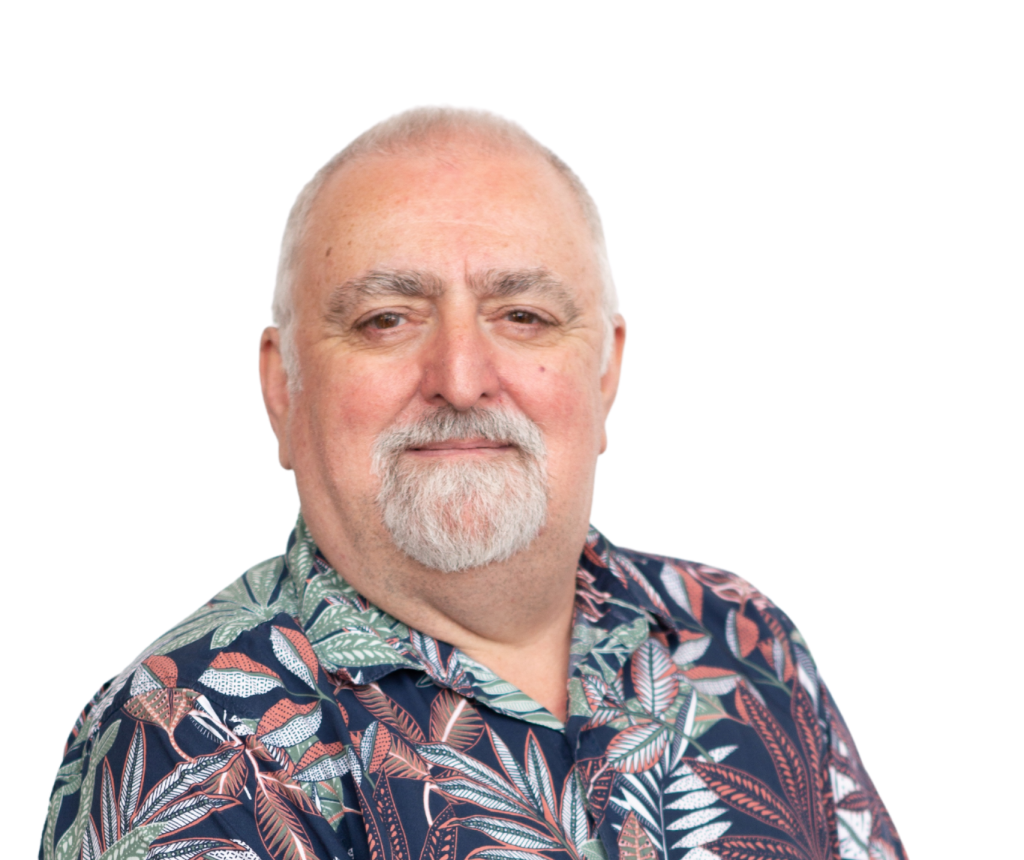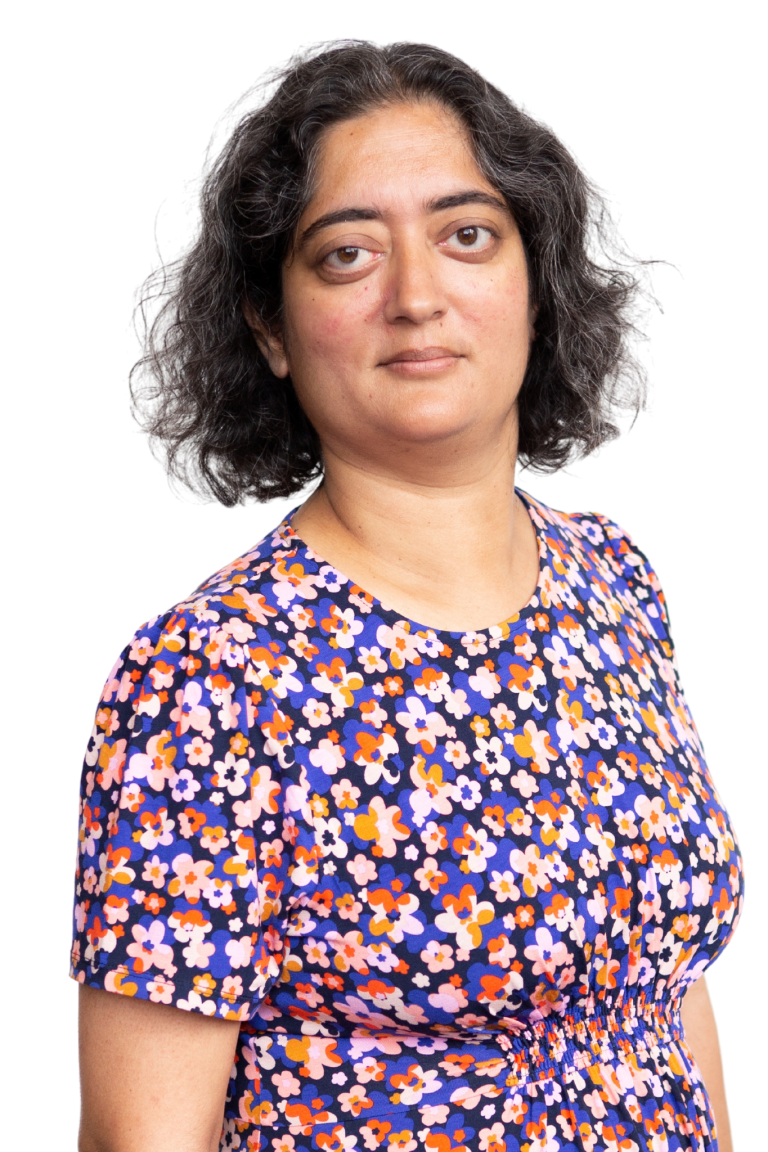Chair Reports -
June 2024

From the Chair...

Our only limit is our imagination...
We are almost at the halfway mark in this Year of the Dragon – a zodiac sign represented by the infinity symbol… signifying endless possibilities, and the energy we send out into the universe coming back to us.
May ended with quite an exciting few days in which I, along with GPSA’s CEO Carla Taylor and COO Leonie Chamberlain, had the occasion to capture some of the really great energy sent out by delegates and exhibitors at the RACGP Practice Owners Conference in Cairns.
Amongst those sharing the good vibes were former GPSA Chairs, Nicole Higgins, Bruce Willett, Trish Baker, and last year’s Deputy Chair Madhu Tamilarasan. We are truly fortunate that this membership organisation of ours has evolved through the efforts of such a dedicated collection of GPs, and doubly blessed to have a current Board whose broad range of skillsets and passion keeps GPSA committed to building on the values and mission of those who preceded us.
Attending industry conferences is a great way to network with like-minded people and keep abreast of new innovations, research outcomes and any changes in our professional landscape. For GPSA, conferences are a fabulous way to connect with our members, to listen and learn from their stories, to offer our support and share our resources such as the newly drafted “Guide for Practice Managers New to Vocational GP Training” into which we’re asking members to provide input* in a model of co-design. For you, by you… does this remind you of the dragon’s infinity symbol?!
The real reward the GPSA team gets from participating in these conferences comes in the form of members sharing their appreciation for and ongoing use of our services and best practice educational tools like our webinars and teaching plans – these apparently being closely followed by our convenient SCENARIO app!
The goal I had set myself for the Cairns conference was to meet at least one supervisor younger than me – and you’ll be pleased to learn I actually found more than one! The fact the first young supervisor I spoke to was participating in a Single Employer Model (SEM) pilot was even more of a boon. While these pilots were a hot topic at the Practice Owners Conference, “payroll tax” was the phrase on everyone’s lips! Rural and urban GPs, especially those who own their practice share one core concern though: how will they be able to sustain the serve they provide their community into the future.
The question I have fielded most in the last 8 months comes from potential supervisors wanting to know when they can be accredited to take on AGPT registrars. My answer is guided by College accreditation policies that are in turn responsive to the environment in which we find ourselves today, namely with some 1,000+ training-accredited practices in surplus of demand. Until AGPT registrar numbers balance out this situation, I ask all those who are keen to be involved in training to please consider taking on medical students. The latest MDANZ report suggests a further drop in medical students choosing general practice – admittedly explained by the uptick in the rural generalist interest, but still suggesting the; let us show them what general practice has to offer by giving them a great experience in their placement.
While we are progressing the NTCER review with the goal of completing a full re-write in time for the 2025.1 placement process, there are still plenty of opportunities for everyone involved in the supervision of registrars – on each and every pathway – to contribute via the NTCER survey and stage-2 workshops**. Our aim is to ensure the NTCER is enhanced to strengthen the relationship between the practice, supervisor and registrar by taking out the confusion and frustration in sites hosting trainees across multiple pathways and under different conditions such as ADF registrars training in the practice under a secondment arrangement (similar to what’s emerging with SEM pilots). Your input into this process is essential to achieving a practical and effective tool that can help streamline in-practice training and continue to be future-focussed.
June promises to include lots of opportunities for us to network and explore issues of importance for our members, kicking off with the GPME conference at which Drs Simon Morgan and Jess Wrigley will be launching GPSA’s fun new supervision tool, the Consultation game – a physical board game we know you will want to get your hands on… and maybe let your trainees play too! Simon is giving you a sneak peak of this brand new innovation in his June Education Update (see the image under the Webinars heading in the June newsletter!). Then I will be representing GPSA at the WildHealth Burning GP conference mid-month; and the following week GPSA will be in Brisbane for the annual face to face meeting of the SLO Advisory Council and a member networking night on Friday 21st June. If you can join us, please register now – these events are a lot of fun!

Until next month, I leave you with this quote from a family favourite, How To Train Your Dragon: “The sky is not the limit, our imaginations are.“
Dr Srishti Dutta, Chair
*Please email PMlead@gpsa.org.au with your suggestions / comments regarding the draft “Guide for Practice Managers New to Vocational GP Training”
**Please email Carla to register your interest in participating in the June NTCER workshops.
Date reviewed: 15 April 2025
Please note that while reasonable care is taken to provide accurate information at the time of creation, we frequently update content and links as needed. If you identify any inconsistencies or broken links, please let us know by email.


